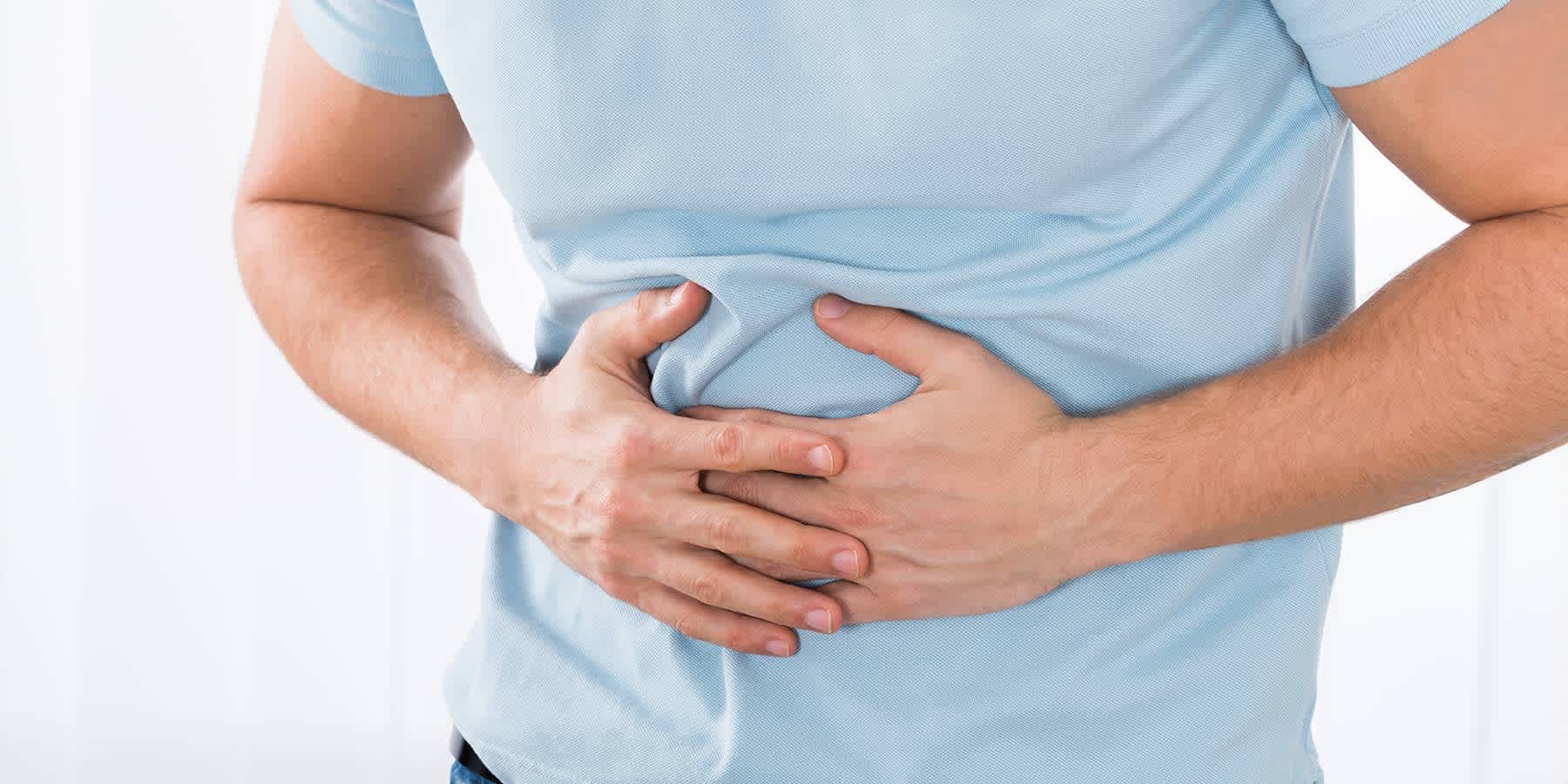Why it’s important to understand the difference between bloating and fat.
Understanding the Distinction In Between Bloating and Fat: an Essential Guide for Digestive Health And Wellness
Recognizing the distinction between bloating and excess body fat is crucial for any individual concerned with digestive health and wellness. While bloating presents as a temporary and typically awkward condition, normally linked to dietary routines or digestive system disruptions, body fat represents a much more long-term adjustment in one's physique.
Defining Bloating and Fat
Bloating and fat are 2 distinct physiological phenomena that can significantly affect a person's convenience and body image. Bloating refers to the momentary swelling or distension of the abdominal area, often accompanied by discomfort or a sensation of volume. This condition may occur from various elements, including dietary options, digestion concerns, or fluid retention. Bloating is normally a temporary event and can rise and fall throughout the day, often resolving with lifestyle adjustments or medical interventions.
On the other hand, body fat is an extra irreversible and steady part of human physiology, largely functioning as a power reserve and playing vital roles in hormonal agent guideline and insulation. Body fat is categorized into 2 types: subcutaneous fat, which exists simply underneath the skin, and visceral fat, which surrounds inner body organs. While excess body fat can result in health difficulties, it is necessary for total bodily features.

Root Causes Of Bloating

In addition, food intolerances, such as lactose or gluten intolerance, can lead to bloating when the body battles to process particular substances - bloating and fat. Consuming too swiftly or taking in carbonated drinks can likewise intensify the concern, as these habits present excess air right into the digestion tract
Lifestyle variables, including stress and lack of exercise, can better add to bloating by affecting intestine mobility. Certain medical problems, such as short-tempered digestive tract syndrome (IBS) or intestinal blockage, might additionally cause persistent bloating. Understanding these causes is necessary for effectively managing and easing bloating, see this site permitting people to make informed dietary and lifestyle selections that support their gastrointestinal health and wellness.
Signs of Bloating vs. Fat
Differentiating in between the signs and symptoms of bloating and excess fat is important for understanding one's body and addressing pain efficiently. Bloating generally offers as a sensation of fullness or stress in the abdomen, often come with by visible distension.
On the other hand, excess fat materializes differently. While it might add to a my website feeling of heaviness, it typically does not create the acute pain connected with bloating. Rather, excess fat has a tendency to gather slowly, leading to a modification in body shape and size with time. Individuals might discover a rise in body circumference, specifically around the waist, however this does not generally existing with the prompt feelings of volume or distension.

Recognizing these differences is crucial. While bloating is usually short-term and linked to nutritional variables or digestive issues, excess fat suggests a much more persistent problem calling for lifestyle changes. Comprehending these signs encourages people to look for ideal remedies customized to their details problems regarding gastrointestinal health and wellness and body structure.
Handling Bloating
Efficient administration of bloating needs a diverse technique that resolves both dietary selections and way of living behaviors. It is essential to recognize and remove certain foods that may set off bloating, such as those high in fiber, gluten, lactose, or certain fermentable carbs (FODMAPs) Maintaining a food diary can help pinpoint these triggers Visit Website and overview modifications.
Integrating smaller, extra constant meals rather than huge ones can likewise reduce bloating, as it eases the digestive system procedure (difference between bloating and fat). Remaining well-hydrated is critical, as adequate fluid consumption aids digestion and assists avoid irregularity, which can contribute to bloating
In addition, engaging in normal physical task advertises gastrointestinal mobility and decreases bloating. Simple workouts, such as walking or yoga exercise, can effectively relieve discomfort. Conscious eating techniques, such as eating gradually and chewing food completely, might additionally enhance food digestion and limit air ingesting.
When to Look For Assistance
Identifying when to look for medical assistance for bloating is essential, as relentless or severe signs may show an underlying health and wellness issue. If bloating is gone along with by added worrying signs and symptoms such as substantial abdominal discomfort, unexplained weight management, rectal blood loss, or continuous queasiness and throwing up, it is vital to consult a health care expert. These indicators may recommend problems such as irritable bowel syndrome, stomach blockage, and even a lot more significant issues like cancer.
Additionally, if bloating persists in spite of dietary modifications or over-the-counter solutions, it warrants further investigation. Individuals with a history of intestinal conditions need to be particularly attentive, as their threat for difficulties might be greater. In addition, if bloating occurs following the consumption of specific foods, it may indicate food intolerances or allergic reactions that necessitate dietary modifications or testing.
Conclusion
In summary, distinguishing between bloating and excess body fat is essential for gastrointestinal health and overall well-being. Bloating, a temporary condition typically linked to dietary factors and digestive system concerns, contrasts dramatically with the steady accumulation of body fat. Recognizing the symptoms and underlying reasons for each can assist in ideal monitoring methods. Individuals experiencing persistent or extreme signs ought to seek specialist support to deal with potential wellness worries properly. Comprehending these differences is essential for educated decision-making relating to health and way of living.